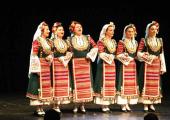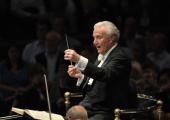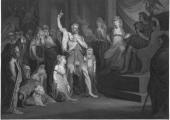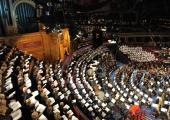Coram Boy, Bristol Old Vic at Colston Hall, Bristol
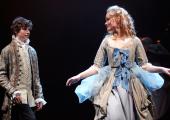
Award-winning adaptation of Jamila Gavin's classic comes to the west country
Coram Boy is a thrilling story of dead babies, teenage love, material greed and the redeeming power of music. This is Christmas entertainment that packs a powerful punch, borne aloft by the inspiring sound of Handel’s Messiah, with horrific events presented on stage, an emotional rollercoaster ride that is definitely not for the very young or the faint of heart.


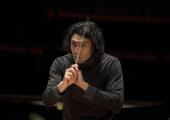
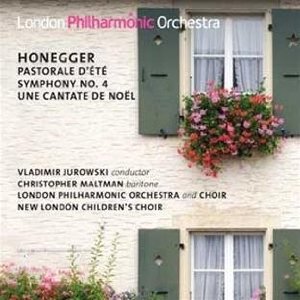 Honegger: Une cantate de Noël, Pastorale d’été, Symphony No 4 London Philharmonic Orchestra and Choir, New London Childrens’ Choir/Jurowski (LPO)
Honegger: Une cantate de Noël, Pastorale d’été, Symphony No 4 London Philharmonic Orchestra and Choir, New London Childrens’ Choir/Jurowski (LPO)
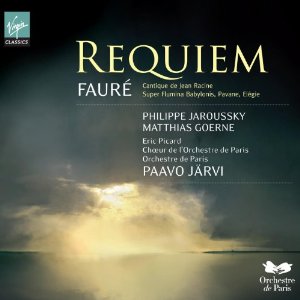 Fauré: Requiem Chœur de l’Orchestre de Paris, Orchestre de Paris, Paavo Järvi, with Philippe Jaroussky (counter tenor), Matthias Goerne (baritone) (Virgin Classics)
Fauré: Requiem Chœur de l’Orchestre de Paris, Orchestre de Paris, Paavo Järvi, with Philippe Jaroussky (counter tenor), Matthias Goerne (baritone) (Virgin Classics)